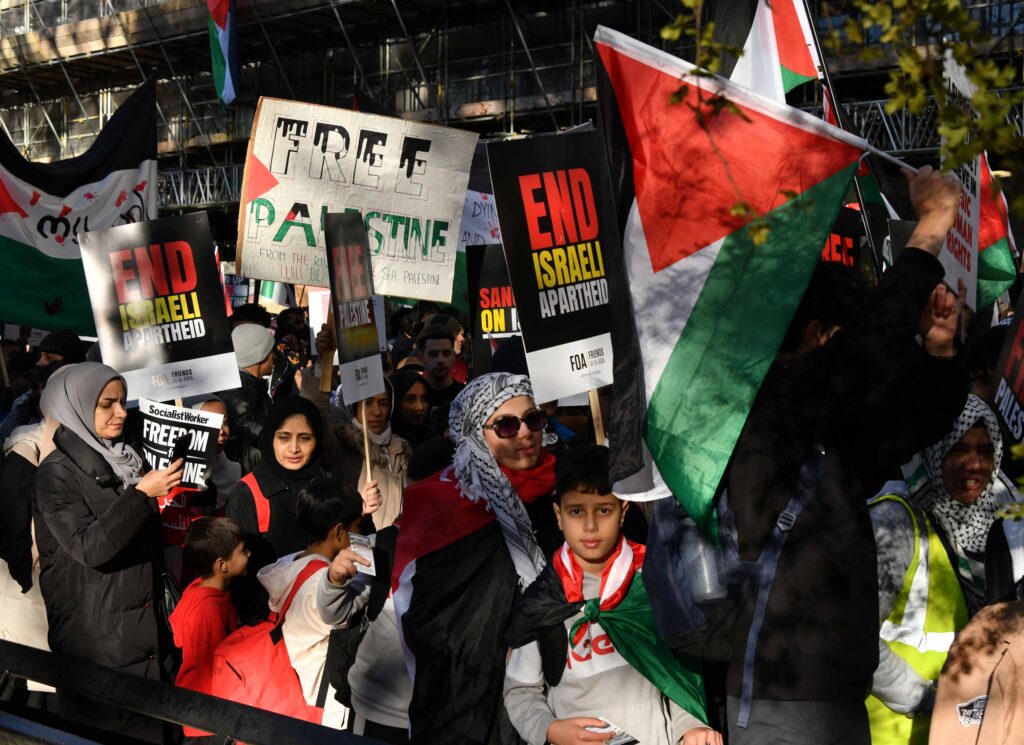
The culture of intolerance that has grown over time in the UK has undermined the ethos of British schools. As Islamist zealots grow stronger in influence in our society, a number of schools known for their secular, inclusiveness and apolitical approach, such as St Stephen’s Primary School, Parkfield Community School, Batley Grammar School, Kettlethorpe High School, and Barclay Primary School, have been caving into their demands one after the other.
There has been an attempt by Muslim fundamentalists in the UK to politicise educational institutions, in order to gain clout in social and political sphere. And now these nefarious elements have come out in force to assert their intolerant beliefs under the pretext of religious freedom. They use religious identity and political grievances to subvert the secular democratic system. Unfortunately, innocent school children seem to have become pawns in their hands.
What happened outside the gates of Barclay Primary School in East London late last year illustrates this state of affairs. As reported in the Telegraph, children and parents had been in conflict with the school over its policy of being ‘apolitical’ and monitoring comments in parents’ WhatsApp groups, as well as not allowing the children to wear pro-Palestinian clothing. In December, the school was forced to close early for Christmas by a pro-Palestine protest in support of a boy who arrived at the school wearing a Palestine badge on his coat and refused to take it off. The boy’s mother was from Gaza; his father accused the school of ‘Islamophobia’. Yet neither parents nor protesters seem to have acknowledged the school’s interest in avoiding extremism and safeguarding for all students – or its claims that staff and the school itself had been threatened by ‘malicious fabrications’ and ‘misinformation’. Since then, the school has received threats of violence, arson and a bomb threat.
Given this toxic situation, it was only a matter of time before the Michaela Community School in north London was added to the list of schools singled out for their secular principles and inclusiveness.
Michaela was founded by headmistress Katharine Birbalsingh in 2014. The school, known for its outstanding academic results, is facing a lawsuit for maintaining its longstanding secular character by banning prayers. It is a sad state of affairs that a school known for its excellence has become the target of unfounded charges of prejudice. Among certain religious zealots, particularly Islamists at present, the attitude seems to be that those who defy their dictates must be punished pour encourager les autres.
The manner in which the Michaela case has been framed, with the accusations of victimisation and discrimination against Muslim pupils, demonstrates that Islamists will stop at nothing to bully people into compliance. They use the language of human rights to assert their supremacist beliefs. They attempt to use English legislation pertaining to religious freedom as leverage to force the schools to comply with their requests.
The issue of discipline within the school premises has now turned into a question of whether Muslims have the freedom to practise their religion on their terms. The Muslim author of an article recently published in the Guardian, Nadeine Asbali, castigated Birbalsingh’s supposedly ‘dystopian, sinister vision of multiculturalism’.
But this was not merely a case of students offering prayer in the school. As reported in The Standard, Birbalsingh said that her decision came against a ‘backdrop of events including violence, intimidation and appalling racial harassment of our teachers’. At one point a brick was even hurled through a teacher’s window. There was also allegedly intimidation of some Muslim pupils by others. The Muslim pupil who sued the school was reportedly suspended for five days in 2023 for threatening to stab another pupil. This suggests that children were being influenced by an extreme Islamist ideology, which cannot but harm the wellbeing of the whole school. Birbalsingh’s intervention was arguably a matter of safeguarding, as well as of fostering inclusion and cohesion among the student body.
Concerningly, the threat posed by religious extremists remains present and has often gone unnoticed. The Commission for Countering Extremism has reportedly revealed that research on radical groups is ‘skewed’ towards the far right. Consequently, Britain has ‘substantial gaps’ in its understanding of Islamist extremism, which has been ‘systemically under-researched’. The CCE also warned that Islamist radicals are attempting to dissuade researchers from writing about them by threatening legal action. This is just like the lawsuit being pursued by the unnamed Michaela student against her school: she may claim that the ban on prayer is discriminatory, but in fact, she, or whoever it might be speculated is behind her, is arguably attempting to exploit human rights law to enforce the sowing of division in the school, against the better judgement of its headmistress.
A highly polarised society where differences are valued more than similarities is a breeding ground for extremists. Parallel legal and educational systems based on extremist religious beliefs are operating in plain sight, contributing to further division in society. Disproportionate emphasis on religious freedoms has given minority ethnic or religious groups too much leeway to live according to their own cultural and religious norms, in disregard of the law, human rights principles and British values. Unfortunately, the main culprits at present are the Islamists.
The Michaela lawsuit and the threats and violence out of which it comes ought to be a wake-up call for progressives. They should acknowledge the perils of being in denial about the threats which Islamist extremism poses to the sort of peace, fair treatment and mutual harmony which are encouraged by a code of school rules that is universally applied, with no exceptions. In a modern secular society, it is surely in everyone’s interests if religion, like politics, is kept out of the classroom.
Asbali argues that the Michaela School prayer ban implies ‘the bleak and frankly insulting assumption that, in order for all of us to live harmoniously, we must become robots with no beliefs or ideas of our own’. But this arguably misrepresents the case. It is not a question of what pupils believe – that is, of course, their own business, as Birbalsingh would surely allow. It is a question of their public actions while in school, where a multitude of different considerations may apply, and headteachers must not be unduly shackled by religious demands.
Freedom of belief is one thing – but freedom of manifesting a belief is another. Article 9, paragraph 2 of the European Convention on Human Rights itself makes this plain, stipulating that ‘Freedom to manifest one’s religion or beliefs shall be subject only to such limitations as are prescribed by law and are necessary in a democratic society’ for various reasons, including to protect ‘public safety’ and ‘the rights and freedoms of others.’
It may also be that, as Asbali says, some Muslims believe that the five-times daily prayer ritual ‘will be one of the first things we will be questioned about by God after we die.’ However, is at least questionable whether children are obliged to fulfil this ritual. More fundamentally, it is open to debate whether points of religious doctrine like this one, which are based on nothing but ancient traditional authority and faith with no evidence, should be allowed to take precedence over concerns for the wellbeing of a mixed group of children in the here and now.
The Michaela case is but the latest in a string of incidents at schools in the UK to pose the question of how far religious exceptionalism should be allowed to interfere with the good running of a school and the wellbeing of its whole community. The High Court will have to decide whether Birbalsingh’s policies have struck the balance fairly. In the meantime, the question remains how many other schools and headteachers will have the bravery and tenacity to stand up against the threats of litigation, or worse, from religious extremists. As things stand now, the storm of threats looks to be a long way from abating.
Enjoy this article? Subscribe to our free fortnightly newsletter for the latest updates on free thought. If you can, please donate to support our work into the future.


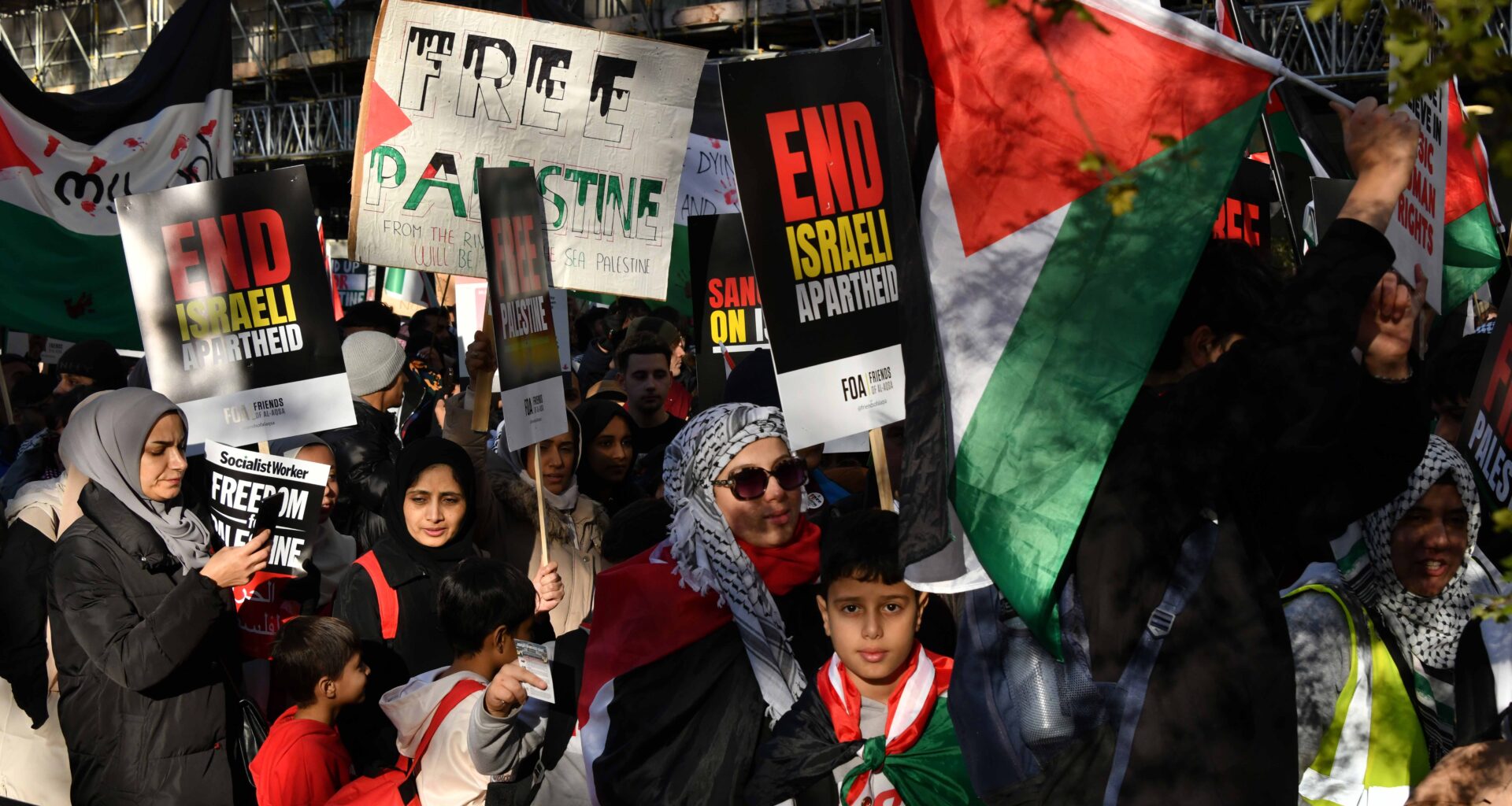
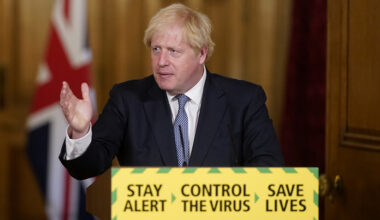


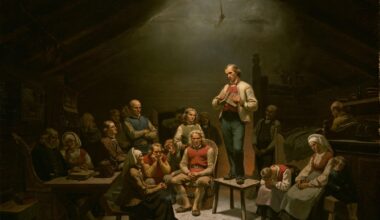

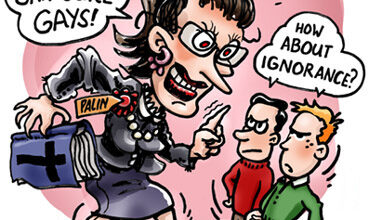
Your email address will not be published. Comments are subject to our Community Guidelines. Required fields are marked *
Donate